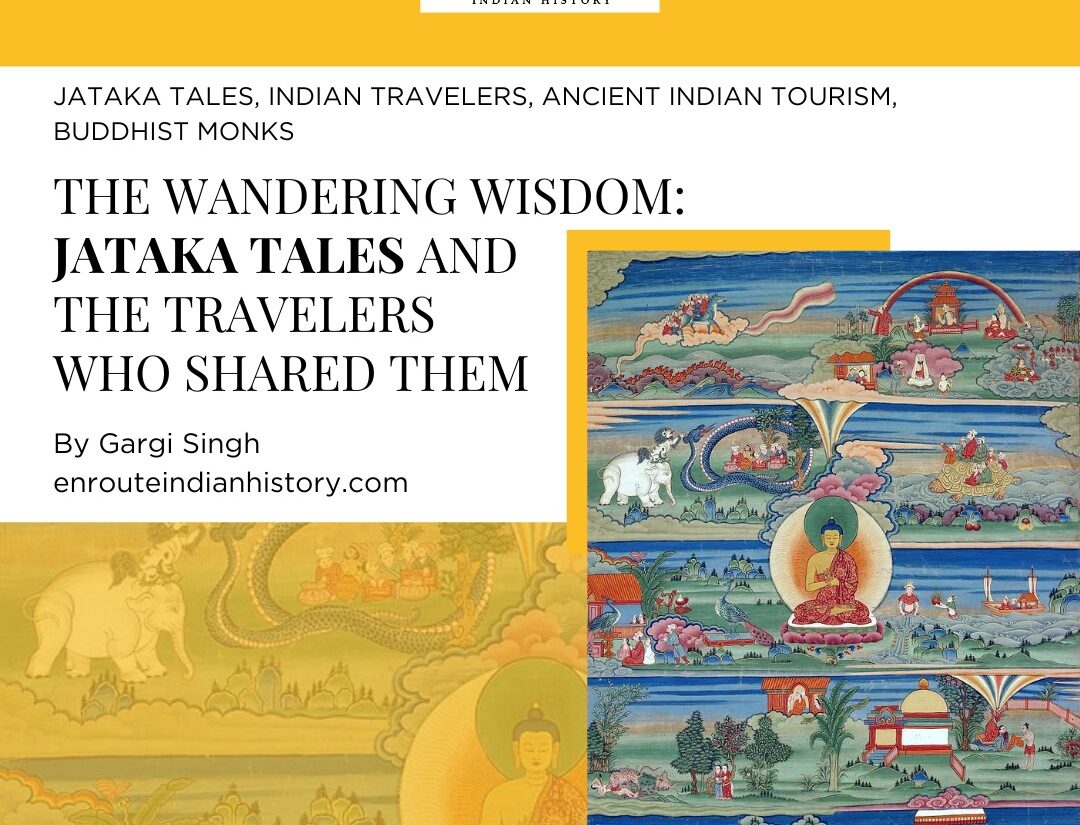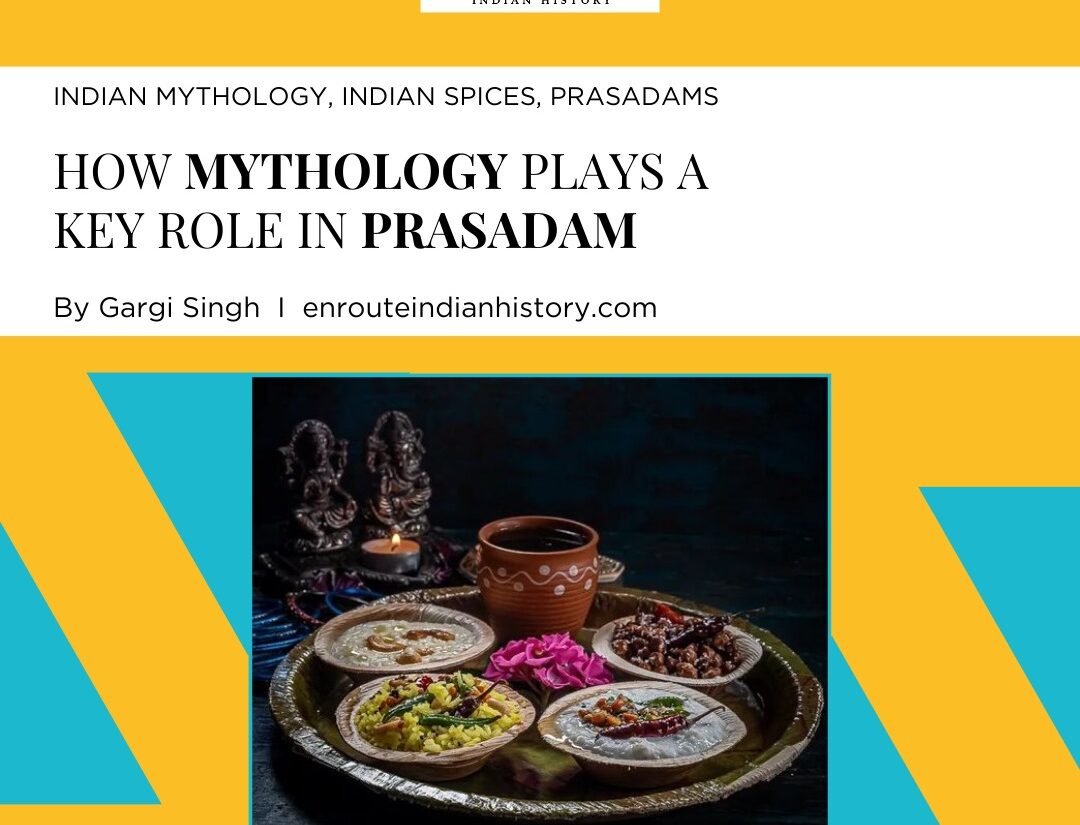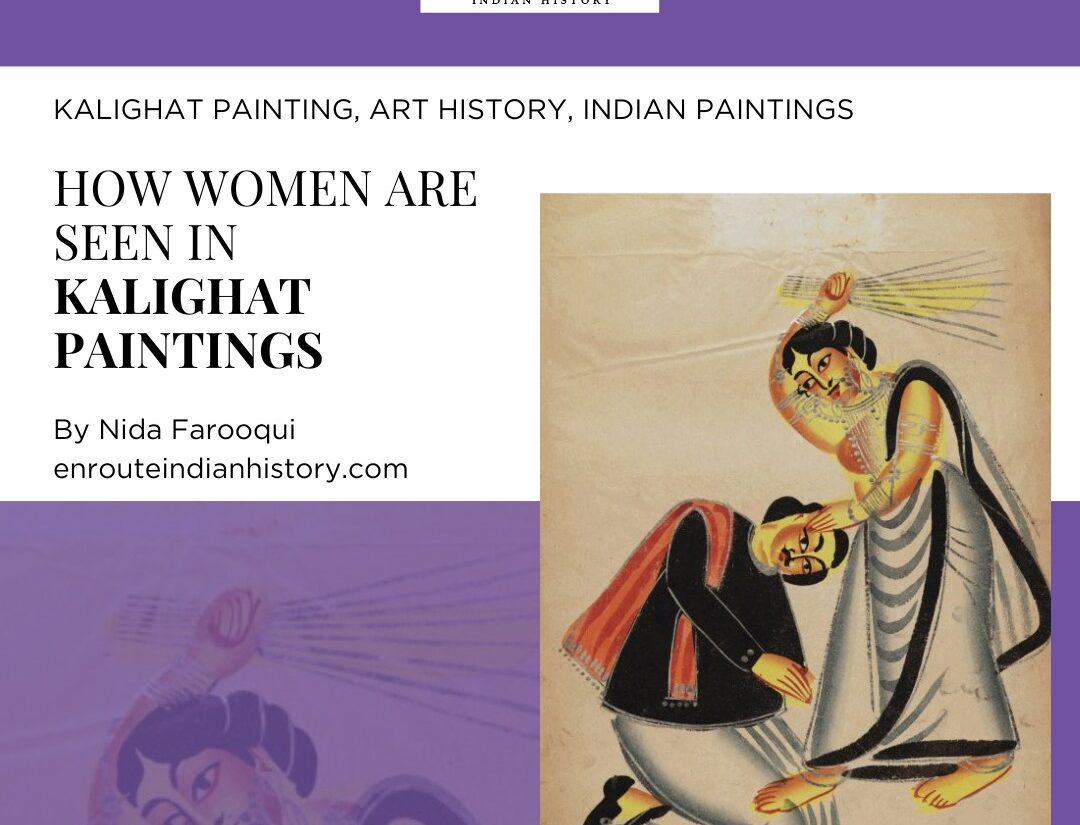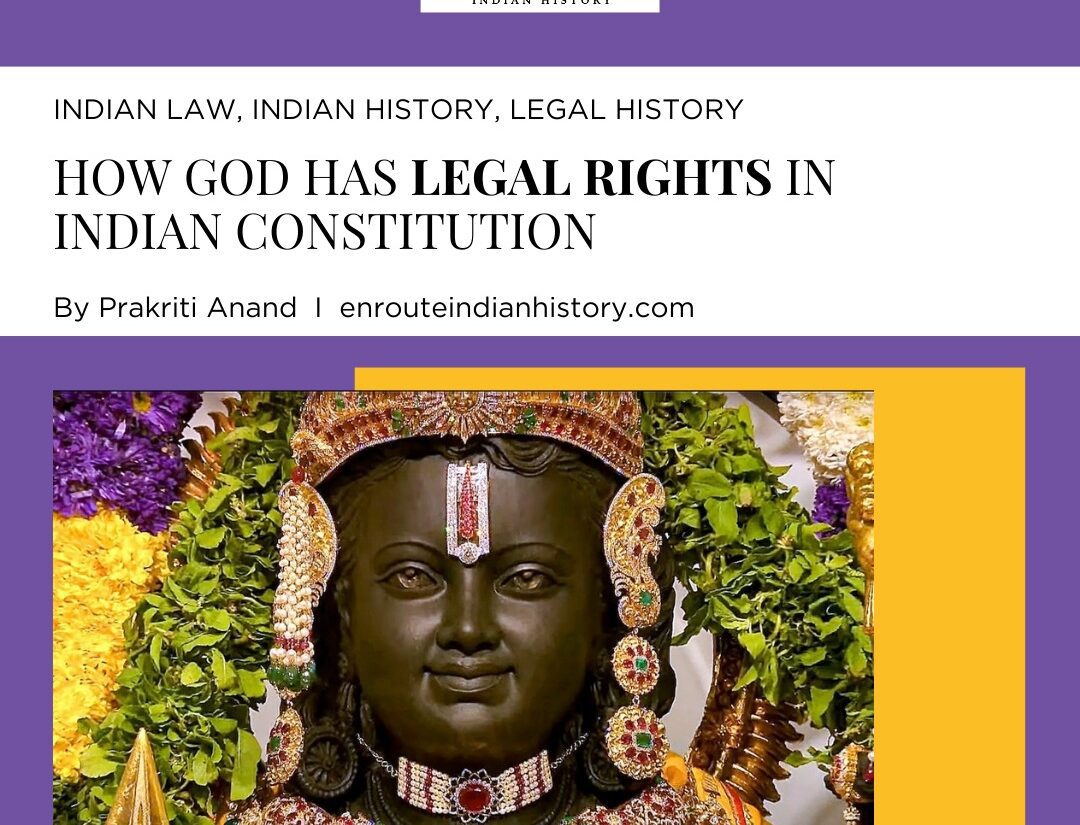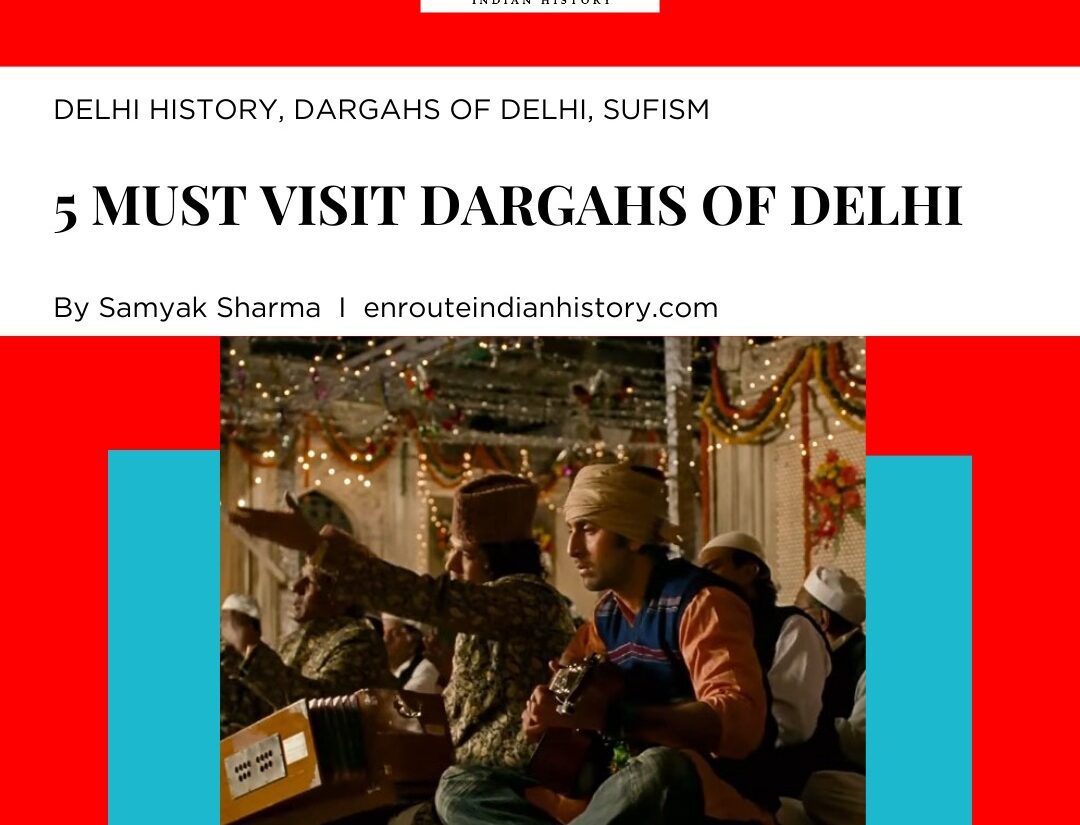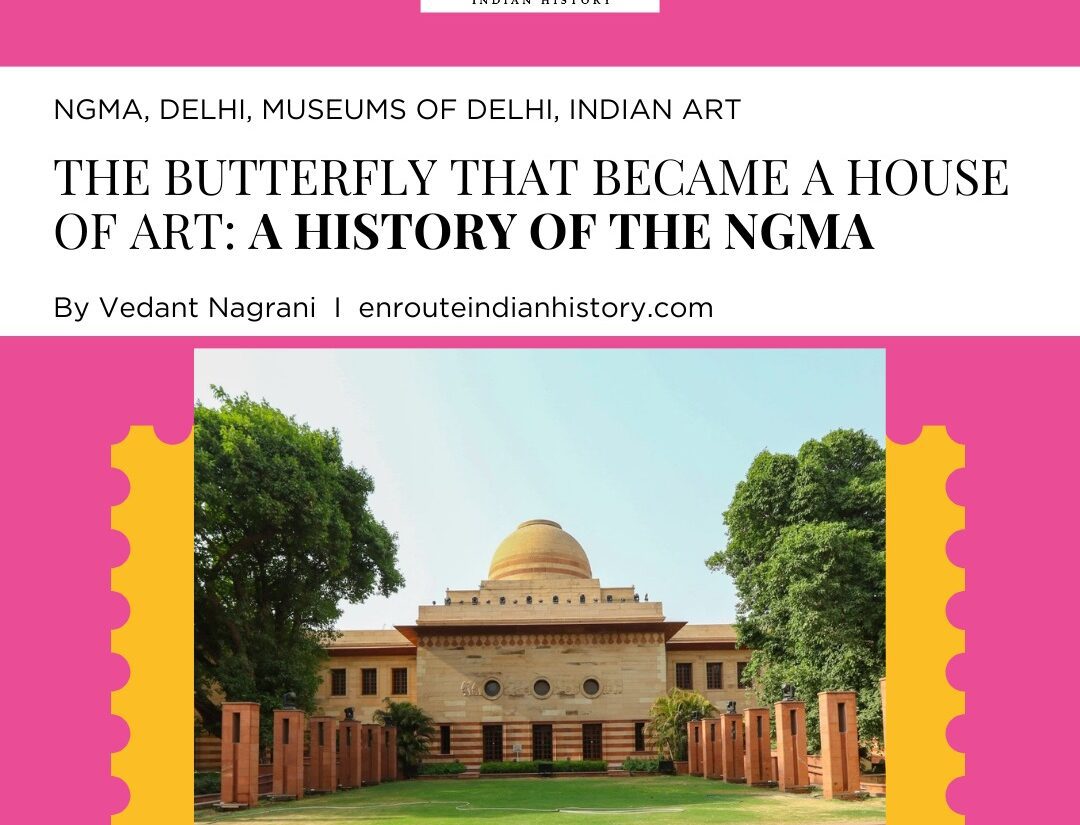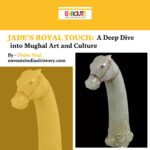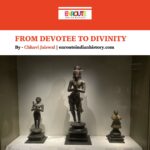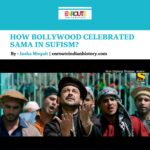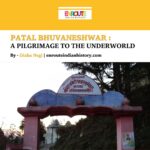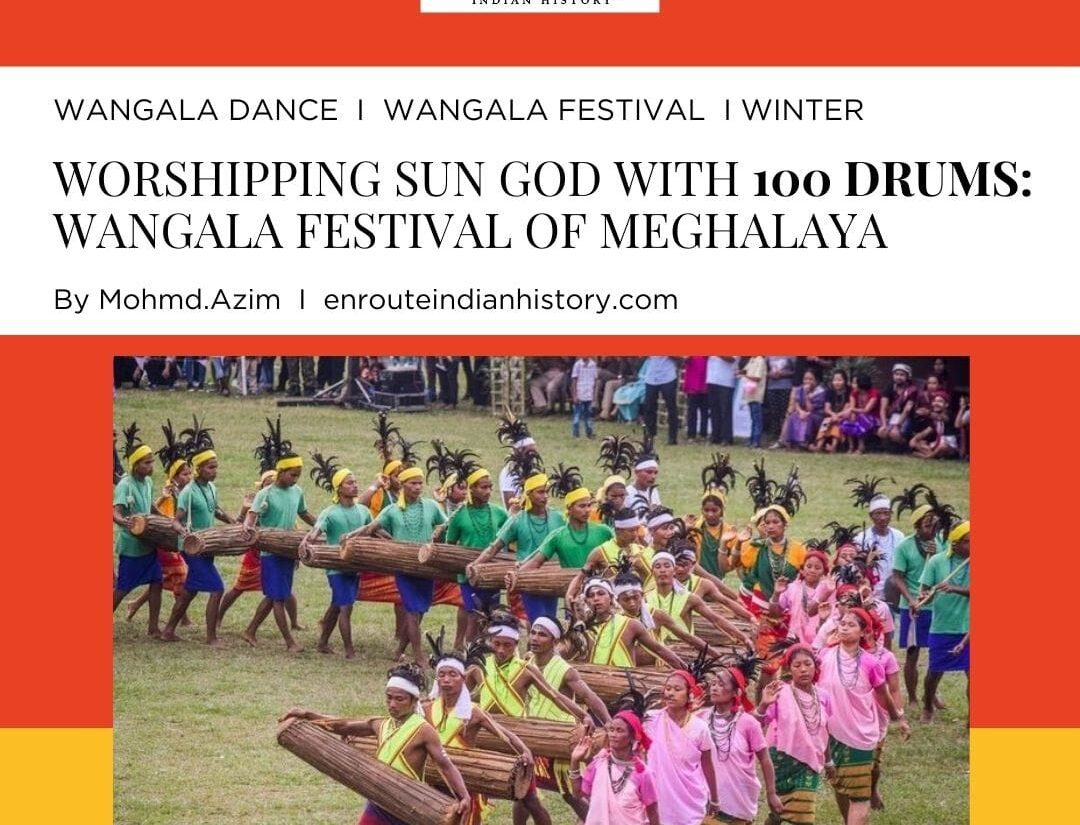
India hosts diverse harvest festivals, where different regions express gratitude for successful crop years at varying times. Wangala Festival, an annual post-harvest festival of the Garo tribes in November, revolves around worshiping the Sun God, Misi Saljong, thanking him for a plentiful harvest. This celebration serves as a platform for the Garo community to exhibit their traditional tribal culture and values through customs and rituals. This article will delve into cultural and historical significance of the Wangala Festival, and the rituals and celebrations associated with it.
Wangala Festival: Harvesting History and Cultural Significance
The Wangala Festival, celebrated by the Garo Tribe in Meghalaya, marks their winter harvest and pays homage to ‘Misi Sanljong’ or ‘Pattigipa Ra’rongipa,’ the revered Sun God. The festival’s unique dance form Wangala Dance, believed to have originated from water creatures, captivates with its rhythmic movements and vibrant energy.Legend has it that the mesmerizing dance, now a central part of Wangala, was initially a mystery to humans. As they attended the Wangala Festival, they were introduced to this captivating dance by an unexpected source – crabs. The dance, infused with grace and agility, echoes the movements of these marine creatures.
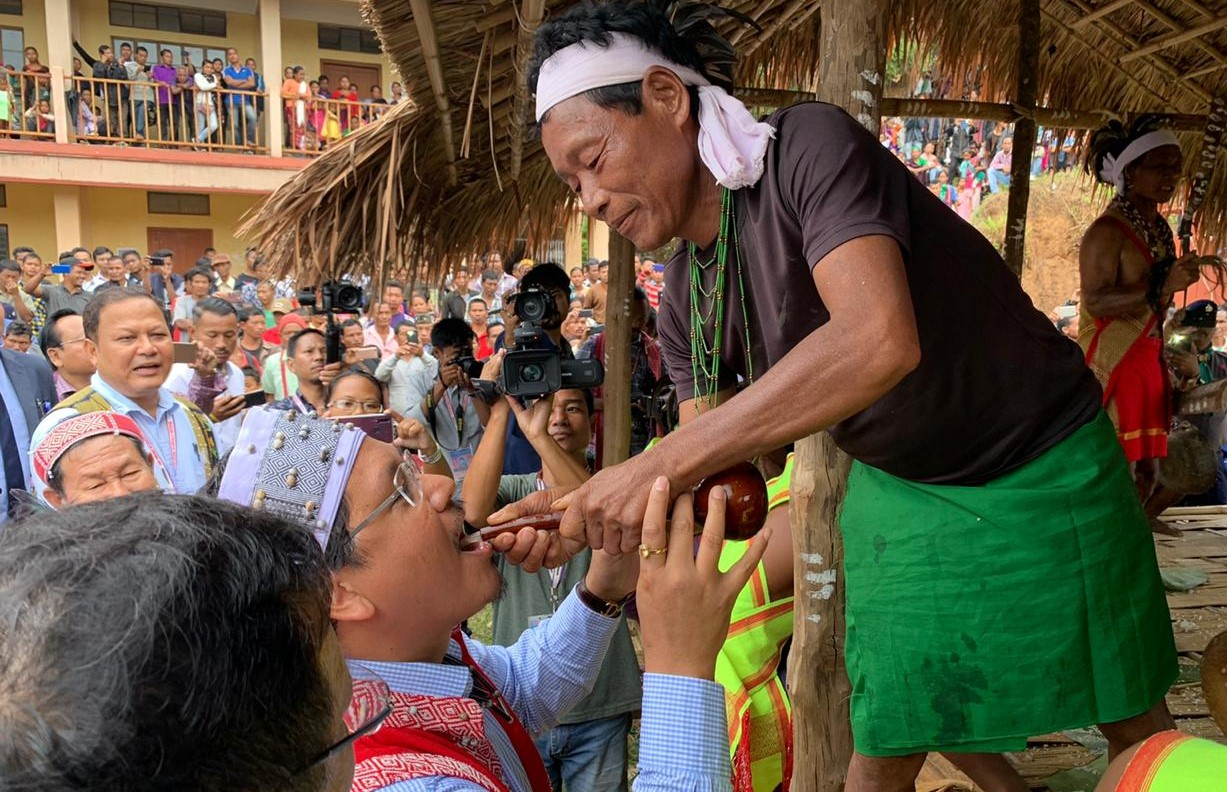
Meghalaya Chief minister Conrad K Sangma is offered traditional rice beer
This fascinating blend of tradition and nature adds a special charm to the Wangala Festival, where humans and crabs come together in a rhythmic celebration. The dance, passed down through generations, stands as a testament to the unique cultural tapestry woven by the Garo Tribe in Meghalaya.The inaugural Hundred Drums Wangala Festival took place on December 6 and 7, 1976, at Asanang, situated 18 km from Tura, India. Since its inception, this cultural extravaganza has become an annual tradition, drawing participants and spectators alike.Over the years, the festival has expanded significantly, welcoming dance troupes not only from within the Garo Hills but also from regions beyond, including Bangladesh and Karbi Anglong. The allure of the event is enhanced by a substantial prize pool, rewarding the most outstanding dance troupe.The Wangala Festival, celebrated by the Garo tribe in Meghalaya, holds a dual significance as it venerates the Sun God while also commemorating the culmination of the extensive harvest season and heralding the onset of winter. The festival, known as the “100 Drums Festival,” serves as a vital means for the Garo tribe to safeguard and promote their cultural identity. Through this celebration, the community showcases its rich cultural heritage and traditions to the broader world, fostering an appreciation for the Garo way of life. The Wangala Festival not only serves as a religious and seasonal observance but also stands as a platform for cultural exchange, allowing the Garo tribe to share their unique customs with a global audience.
Rituals and Rhythm: The Heart of Wangala Festival
The Wangala Festival, with its centerpiece Rugala ceremony and the lively Kakkat celebration, offers a vibrant tapestry of cultural richness and communal spirit. The rhythmic heartbeat of a hundred drums during Rugala creates an enchanting atmosphere, symbolizing unity and harmony among the community. This auditory and visual feast is a testament to the cultural pride and artistic expression of the people.

Wangala’s headgears and outfits tell stories.
The Kakkat celebration on the second day introduces a colorful display of costumes and feathered headgears, creating a visual spectacle that complements the melodious tunes of the oval-shaped drums. This day of relaxation and festivity brings together people of all ages, fostering a sense of togetherness as they dance to the extraordinary rhythms reverberating through the hills and valleys.The festival’s emphasis on various dance forms, with the common motif of parallel lines featuring both men and women in festive attire, reflects a shared cultural identity and a celebration of diversity within unity. The coordination between the drummers, gong players, and flute musicians highlights not only the artistic prowess but also the deep-rooted cultural significance of each element.The use of traditional instruments such as buffalo horn flutes adds a primitive and authentic touch to the performances, connecting the Wangala Festival to its cultural roots. The fact that performers of all ages showcase a remarkable sense of tempo and energy underscores the intergenerational transmission of cultural practices, ensuring that the festival remains a vibrant and dynamic tradition.The Wangala Festival, with its captivating ceremonies and enthusiastic participation, serves as a powerful cultural expression, preserving and celebrating the heritage of the community. The combination of music, dance, and traditional attire creates an immersive experience that leaves a lasting impression on both participants and spectators, fostering a sense of community pride and shared identity.
Wangala Festival Celebrations: A Tapestry of Joy and Tradition
The Wangala Festival unfolds over several days, a jubilant celebration featuring music, dance, and cultural activities. The festivities commence with the arrival of the Nokma, the village chief, leading a resplendent procession accompanied by devoted followers. Draped in traditional attire, the Nokma’s entrance charges the atmosphere with anticipation and excitement, setting the stage for a mesmerizing spectacle. The procession weaves through the celebratory crowd, symbolizing a harmonious blend of tradition and festivity. The Wangala Festival, through this grand entrance and the ensuing cultural revelry, encapsulates the spirit of community, tradition, and joy, creating a vibrant and unforgettable experience for all participants.The Wangala Festival exudes an electrifying atmosphere as the rhythmic beats of drums and the enchanting melodies of traditional instruments permeate the air, infusing the festival grounds with an infectious energy. People from various walks of life come together in celebration, forming connections and collectively honoring the cultural richness of the Garo tribe. This event serves as a unifying force, fostering a profound sense of unity and harmony among attendees.Over the years, the Wangala Festival has expanded its appeal, drawing performers from regions beyond Garo Hills. Dance troupes from areas such as Nagaland, Karbi Anglong, and Greater Mymensingh in Bangladesh join the festivities, injecting a diverse and multicultural dimension into the event. This inclusive approach not only enhances the festival’s vibrancy but also underscores its role as a platform for cultural exchange, where different communities converge to celebrate shared traditions, transcending geographical boundaries and fostering a collective celebration of diversity.
Chubitchi and Garo Cuisine: Tasting Tradition at Wangala Festival
The indigenous ceremony, on its second day, includes the ‘rugala’ ritual where special Chubitchi or Chubok (Garo rice beer) is offered to the deity. This highlights the close association between rice, harvesting festivals, and expressions of gratitude for a successful harvest in the Garo region. The ceremony, a thanksgiving observance by the Garo tribes, acknowledges the deity’s role in the bountiful harvest after the sowing seasons.Chubitchi holds a central role in various special occasions for the Garo tribe, indicating its cultural importance and significance in communal celebrations. The ritual reflects the community’s agricultural practices, underscoring the pivotal role of rice and the harvest in their lifestyle. The ‘rugala’ ritual symbolizes appreciation for the abundant harvest facilitated by the deity.Additionally, the inclusion of unique Garo cuisine in the celebration adds a cultural dimension, representing the community’s culinary identity. The festival serves as a simple yet meaningful portrayal of the deep connections between nature, agriculture, spirituality, and communal celebrations within the Garo tribe, showcasing their cultural diversity and traditions.In the rhythmic beats of a hundred drums and the vibrant hues of Garo traditions, the Wangala Festival emerges as more than a celebration – it’s a living tapestry of culture, nature, and unity. From the mesmerizing dance inspired by crabs to the grand procession led by the village chief, every moment is a testament to the rich heritage of the Garo Tribe. As the festival expands its embrace, drawing performers and spectators from diverse corners, it transcends boundaries, becoming a global celebration of diversity and shared traditions. The Wangala Festival is not just a seasonal observance; it’s a vibrant symphony of gratitude, pride, and cultural exchange that echoes through the hills, valleys, and hearts of those who experience its magic.
References –
“Experience the Heartbeat of Meghalaya at the 100 Drums Festival.” Outlook Traveller, 6 Nov. 2023, www.outlooktraveller.com/experiences/heritage/heres-why-you-should-go-for-meghalayas-100-drums-festival.
“Wangala Festival | 100 Drums Festival of Meghalaya &Raquo; Discover Northeast India.” Discover Northeast India, 6 July 2023, discoverneindia.com/wangala-festival-of-meghalaya.
“Wangala – the 100 Drums Festival of Meghalaya.” Meghalaya Government Portal, meghalaya.gov.in/wangala.
“—.” Journal of Emerging Technologies and Innovative Research, Sept. 2021, www.jetir.org/papers/JETIR2109442.pdf.
- April 4, 2024
- 7 Min Read
- January 31, 2024
- 7 Min Read
